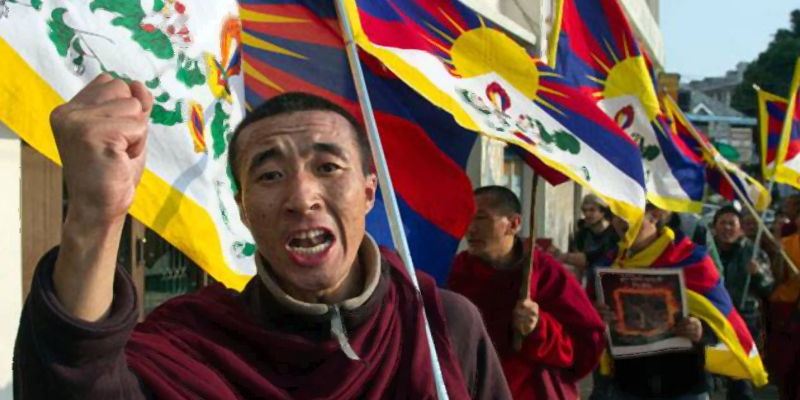Over the recent past, many Tibetans have appreciated the ruling from the Indian Ministry of External Affairs to allow all eligible Tibetans opting Indian citizenship. The effect came in following the Delhi High Court ruling to give citizenship to Tibetans born in India between 1950 and 1987 as per the law and those born from these parents.
But this led to a divided stand within the Tibetan community where many accused that such a change could seriously hurt the long campaign for Free Tibet. However, those taking advantage of the court ruling suggested that with an Indian passport, it has become easier to travel abroad easily and develop an easier live by opening their doors to bank loans, government jobs.
“India has the world’s largest Tibetan community that has lived as stateless refugees for decades. It has helped keep the international spotlight on the Tibetan struggle and built sympathy for their cause in Western countries.” says Anjana Pasricha in an opinion to the Voice of America.
“And despite little progress, it remains a top priority for the community that lives in Tibetan settlements scattered across the country.” she added.
The developments post the court ruling added further conditions where those seeking Indian citizenship had to compromise. While the government announced that those Tibetans who would be enrolling for the Indian citizenship had to give up their allowances of staying in the Tibetan settlements provided by India, such Tibetans were also required to give up their refugee status and thus all such refugee benefits received from the government.
“In Tibetan colonies in India, where Tibetan heritage is zealously guarded, monks light lamps at Buddhist temples, Tibetans old and young come to turn the prayer wheel, students are taught the Tibetan language in schools and the Dalai Lama is deeply revered by young and old.” highlighted the writer in her article how the Tibetans have survived the struggle over the past six decades.
Despite the fact that the decision to acclaim Indian citizenship by the eligible Tibetans is an entirely individual choice, it certainly will have implications among the community of 1,00,000 Tibetans. It is further debatable on either sides whether it would weaken the Tibetan struggle as most of those opting Indian citizenship assure they will never Tibet from their mind and heart, His Holiness the Dalai Lama also told to a Tibetan gathering that the Tibetans have not come to seek livelihoods in refugee but to preserve and promote unique Tibetan culture and traditions recently.

